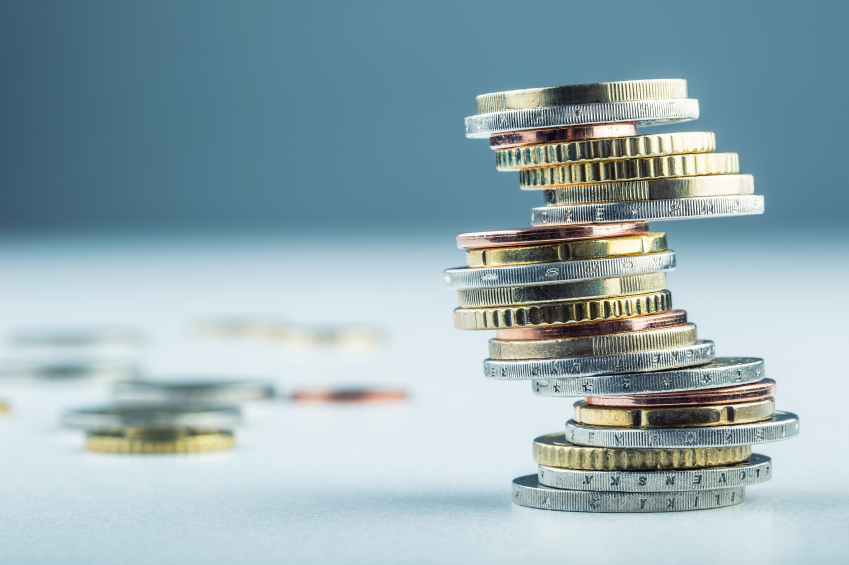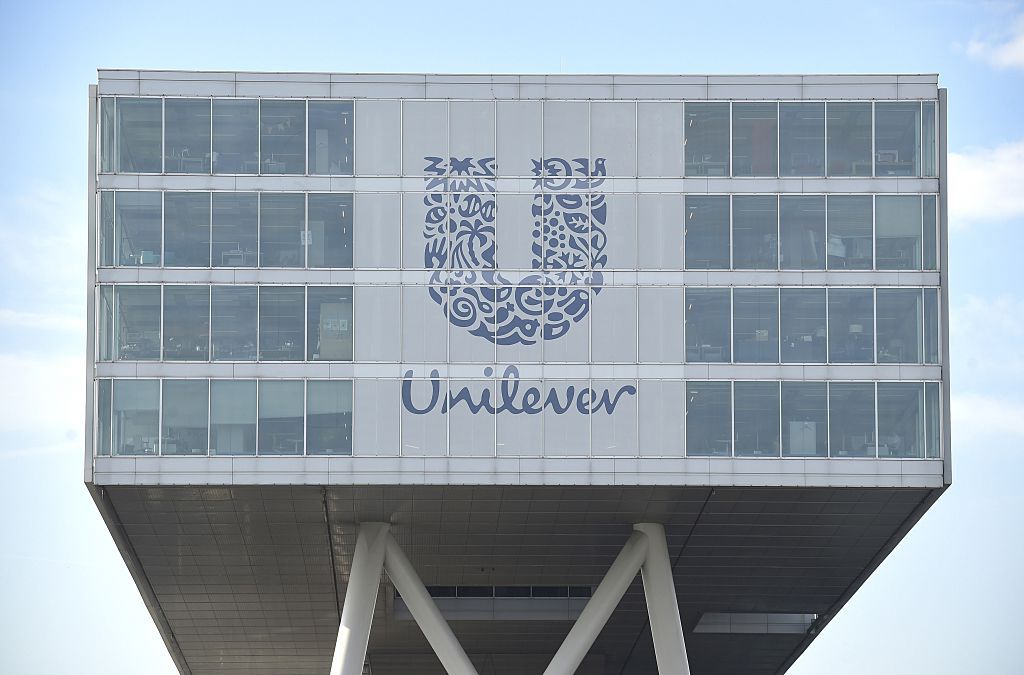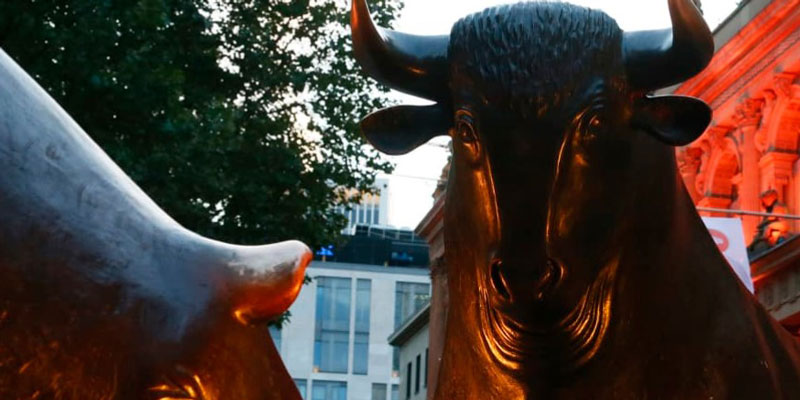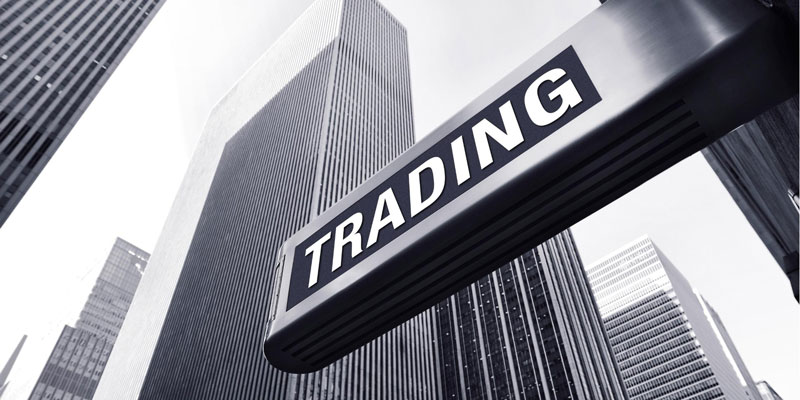At the end of July, Unilever made public the results of its operations for the first half of the fiscal year 2021, which covers six months ending on June 30, 2021. The business recorded a net profit of 3.4 billion euros, equivalent to 4 billion dollars in American currency. This represents a decrease of 4.1% year-on-year in comparison to the prior quarter. It was referred to as "turnover" by the corporation, defined as sales of items after discounts, sales taxes, and expected returns. The company's turnover climbed by 0.3% year-on-year, reaching 25.8 billion euros. In Europe and Asia, the phrase "revenue" is more usually referred to as "turnover," which may alternatively be written as "total turnover."
Compared to the first half of Unilever's fiscal year 2020, the company's basic sales growth was 5.4%. This figure does not consider the impacts of acquisitions, sales, currency changes, or excessive price growth in hyperinflationary nations. During the same period, operating profit came in at 4.4 billion euros, which was 5.3% lower than the previous year's figure. The company's non-GAAP basic operating profit for the first half of the fiscal year 2021 was 4.8 billion euros. This represents a year-on-year reduction of 4.7%. Certain items were excluded from this figure.
A warning was issued by Unilever stating that the COVID-19 pandemic is still affecting the company's working environment. According to the management, the re-imposition of limitations in India substantially affected the company's performance in the second quarter. Even though it is not as bad as it was at the same period last year, and even though China is returning to normal, the level is still lower than it was before the epidemic. Aside from that, the company's markets in North America and Europe performed poorly in the first half of fiscal 2021 compared to the same period in fiscal 2020. Even though demand for home food and hygiene goods was at an all-time high.
The Different Aspects Of Unilever's Business
There are three primary markets that Unilever operates in: the beauty and personal care market, the food, and beverage market, and the home care market. It gives a breakdown of revenue (also known as turnover) and operating profit for each category, which we will examine in more depth in the next section.

Beauty & Personal Care
The market for skin-cleansing products, like soap, hair care products such as shampoo, conditioner, and other styling products; and skin care products such as hand, face, and body moisturizers; as well as deodorants are the most important elements of the company's beauty and personal hygiene business. The total revenue of the personal and beauty sector fell by 1.9 percent from year to year to EUR10.4 billion in the first quarter of the budget year 2021. The segment is responsible for around 40 percent of the company's total revenue. The division raked in another operating loss of EUR2.1 billion, a loss of 13.1 percent compared to the same period before the year. It was responsible for approximately 40% of the company's overall operating profit.
Foods & Refreshment
Ice cream, savory items like soups, bouillons, spices, and dressings such as mayonnaise and ketchup are the most important products that compose the refreshment and food section of the Unilever business. Tea is also part that makes up the sector. In the first quarter of the budget year 2021, the segment's revenues rose by 4.4 percent yearly to EUR10.2 billion, accounting for around 40% of total sales. In addition, operating profits grew by 10.3 percent compared to the same period the previous year, to EUR1.7 billion, which is 38% of total sales.
Home Care
The selling of washing powders and products, rinse conditioners, and a myriad of other cleaning products are among the major factors to the revenues generated by the home care category. The home care segment of Unilever has reported revenues of EUR5.2 billion for the initial portion of the fiscal year 2021. That was a decline of 2.7 percent from year to year and more than 20% of overall revenues for the company. Operating profits during the quarter were around EUR655 million, which was a 12.0 percent decrease from the same period in the previous year. This amount is about 15 percent of total operating profits.

Unilever's Recent Developments
After making the initial public announcement on June 14, 2021, that it planned to buy Paula's Choice, a digitally-led skincare brand, on July 14, 2021, Unilever announced the following day, August 2, 2021, that it had completed the acquisition from Paula's Choice. TA Associates, a private equity company, sold Paula's Choice to Unilever, who then bought the business. The financial details of the deal were not released to the public.



